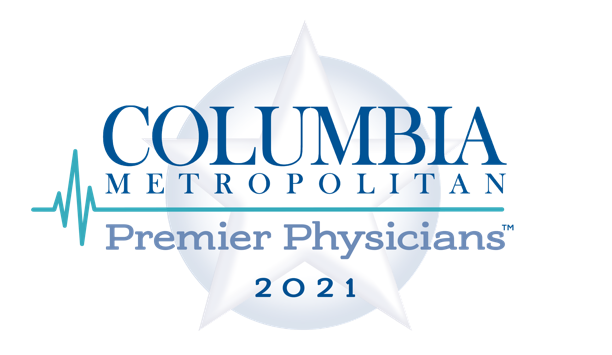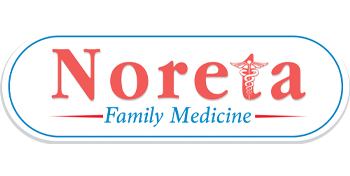Assembly Line Medicine – Part 5 –The Bottom Line
Welcome back for Part 5 – the last in the series – of my Assembly Line Medicine blog posts, my commentary on Ms. Devorah Goldman’s recent Wall Street Journal opinion piece titled, “The Doctor’s Office Becomes an Assembly Line.” You can read her very thoughtful article HERE. Here is Ms. Goldman’s main argument:

“Consolidation is wiping out private practices and making medical care costlier and worse.”
I haven’t explored the pricing aspect of the traditional medical system vs. Direct Primary Care (DPC) yet, so here I go! Currently, insurance pays a specified percentage for primary care services. My question is why? DPC shows that nearly unlimited, easily accessible primary care can be affordable without using insurance. Going a step further, insurance companies make it very difficult for patients to try to predict the cost of their primary care which usually leads to patients receiving unexpected medical bills.
Research has shown that patients sometimes choose to avoid seeking care from their primary care doctor due to the fear of a bill. I believe that the medical field is the only business which performs and bills for a service without routinely telling the customer how much the service is going to cost. I find this practice to be unethical. Imagine if we were forced to have work done on our houses with no estimates given ahead of time! There would be a revolt! DPC solves this problem by allowing patients to budget for their DPC membership costs, and by making other costs, like lab tests and medication prices, known ahead of time. Another cost benefit of DPC is that the lack of third-party payment for lab tests and medicines directly and significantly lowers costs for a DPC clinic, which they pass along to the patient. I routinely offer lab tests for 90+% less than what clinics in my zip code charge to insurance companies. How can I do this? By paying the lab company directly for their services. Going through third party insurance companies causes the lab company to need extra staff to do paperwork, billing, etc. which costs them money. Similar savings can be found for medications.
As this blog series come to an end, I’d like to summarize several points from my previous four blog posts to show how Direct Primary Care (DPC) turns “assembly line medicine” into authentic thoughtful care that can reinvent the way primary care is offered in our country.
- Many new DPC doctors like me were able to open practices during the pandemic, showing that DPC is nimble, and can help reverse the disappearance of private practices.
- DPC emphasizes personalized service and efficient primary care for patients.
- DPC helps control the cost of primary care by prioritizing transparency in pricing, and allowing patients to budget for the cost of their care.
- DPC may be an option for unhappy, frustrated doctors to leave their current jobs, but continue to do what matters most – caring for their community.
- The simplicity of the DPC business model allows for physicians to own a private practice without the need for formal business training.
Where do we go from here?
1) A criticism I’ve heard about DPC is that longer visits where you have time to get to know your patients better on a personal level, do not necessarily translate into healthier patients (although they will be happier!). I’ve thought about that, but I have to say that I truly feel that my patients are healthier. They don’t stay away from the office when they are sick, for fear of another bill. They don’t skip their medicines as often because Noreta makes their medicines more affordable. What is the truth? Are DPC patients healthier? As with most questions in medicine, we won’t know until we’ve studied it.
2) Primary care doctors are in short supply. Another strong hunch I have is that more medical students will choose a primary care career path if they see that DPC doctors possess the golden ticket – being both happy and successful in their careers. This is possibly another topic for a research study – the happiness of DPC doctors vs. their colleagues.
Melissa Boylan MD, FAAFP
Family Physician and Owner of Noreta Family Medicine
NoretaFamilyMed.com

